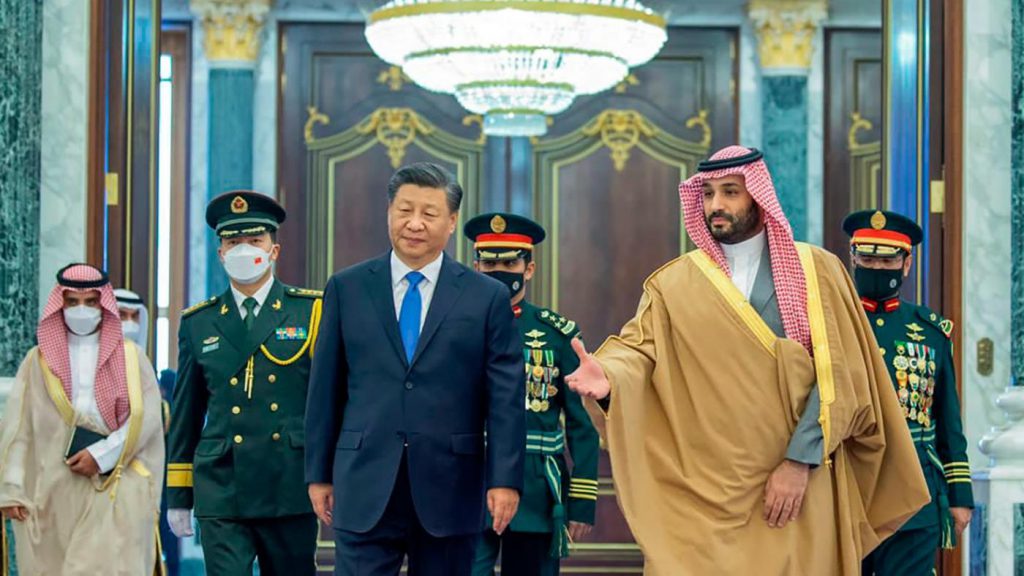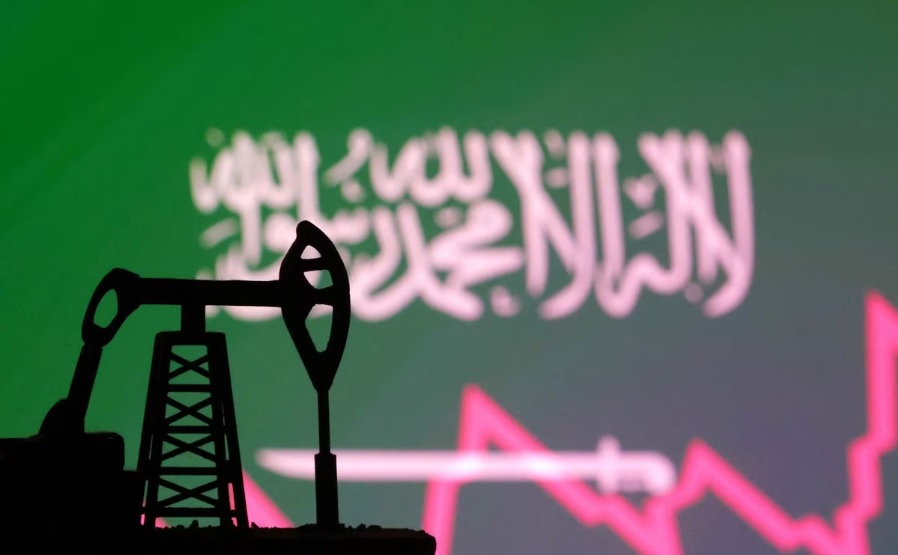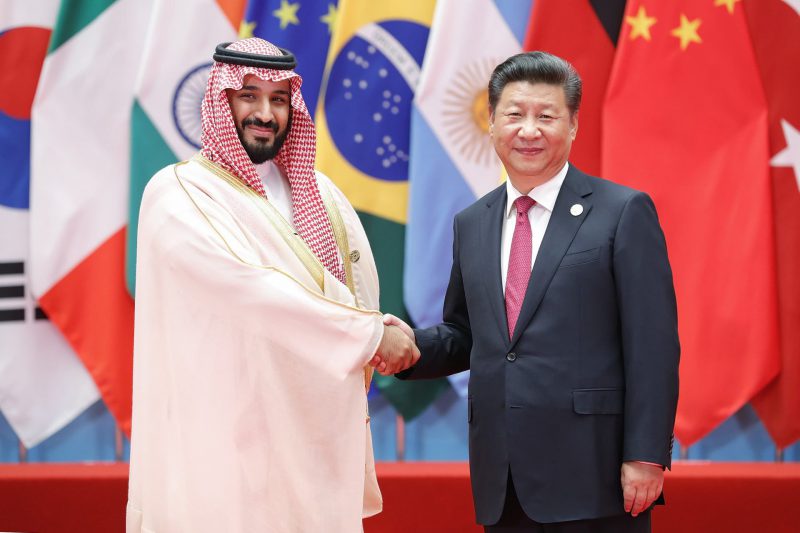In what will be a monumental development for the BRICS alliance, Saudi Arabia is likely to ditch the US dollar in oil trade, and opt for China’s yuan instead. American think tank Atlantic Council recently noted that the end of the petrodollar could be on the horizon, with the oil trade facing many changes over the last 50 years.
In 1974, a directive ensured that Saudi Arabia would use the dollar in all of its oil settlements. That mandate had offered security to the greenback, as it remained vital to the global economy. It also allowed Riyadh to benefit from its usage of what is the world’s most prominent currency. Things could be changing, however, and the data shows that BRICS cooperation could be increased if the petrodollar is abandoned.


Also Read: BRICS Eyes Major Asian Expansion as Nations Clamor to Join
Saudi Arabia to Ditch Greenback as Petrodollar Comes to an End
When the petrodollar first came into existence in the 1970s, it was an important part of securing the US was positioned as a global powerhouse. Since then, a lot has changed. Most importantly, the economic dominance of the Western nation has noticeably declined.
The overall share of the world’s GDP that America held has fallen from 40% in 1960 to 25% today. While that status has dipped, the US has also decreased its reliance on Saudi Arabian oil. With production in America booming, the country has looked to increase trade with China. That could lead to a new kind of oil deal for the powerhouse.


Also Read: BRICS Eyes Major Asian Expansion as Nations Clamor to Join
The BRICS country could benefit as Saudi Arabia is likely to ditch the US dollar in oil trade, and instead settle in the yuan. Markets Insider noted that China is now Saudi Arabia’s largest oil buyer, acquiring more than 20% of the country’s exports.
Whether purposeful or not, it places Saudi Arabia on the side of the growing de-dollarization initiative that the BRICS bloc has pushed heavily for much of the last year. The connection grows even stronger when considering the country had previously accepted the grouping’s invitation to join the bloc. Although it has not yet solidified its integration into the collective, it had expressed its interest in joining.





